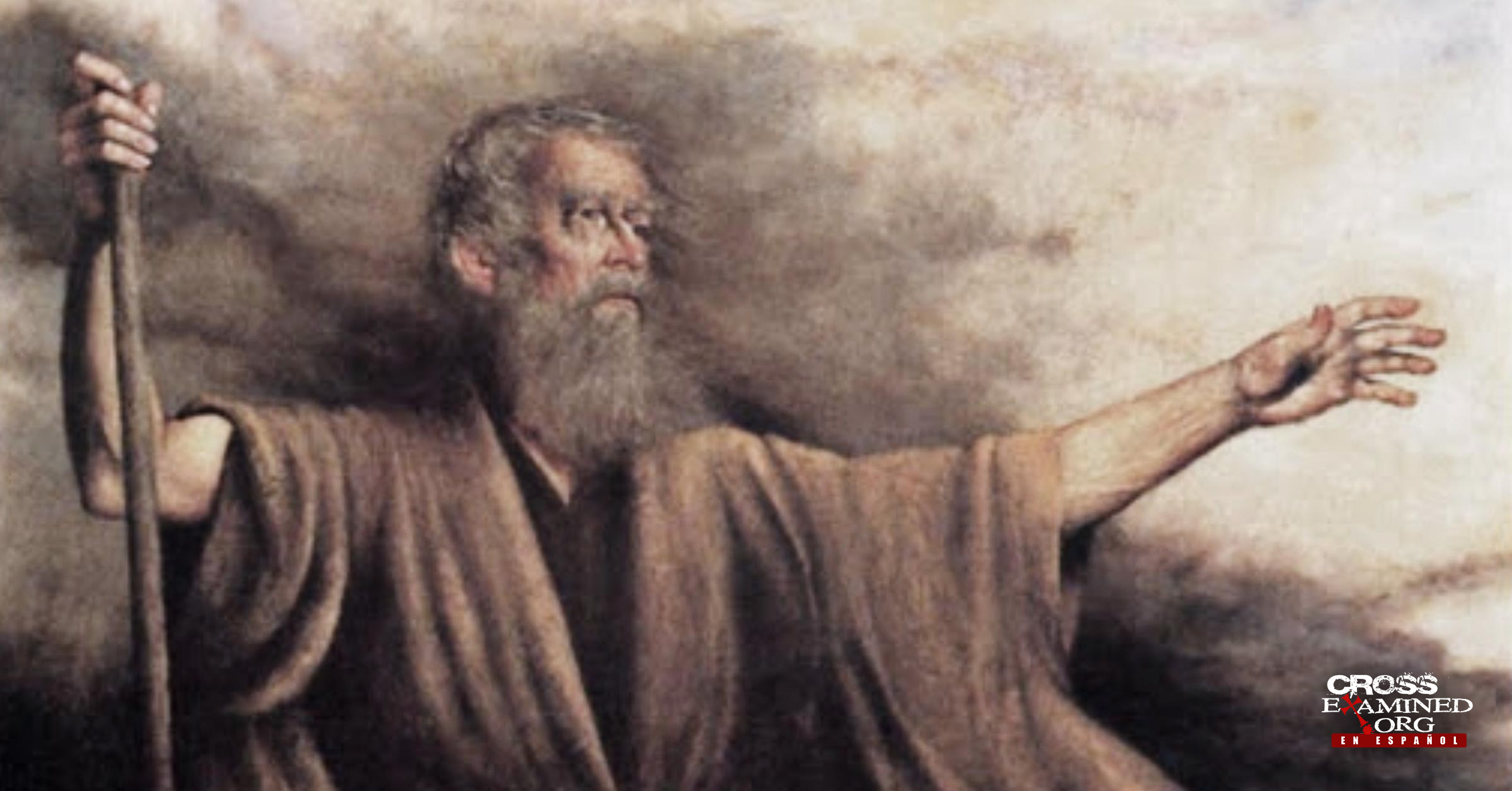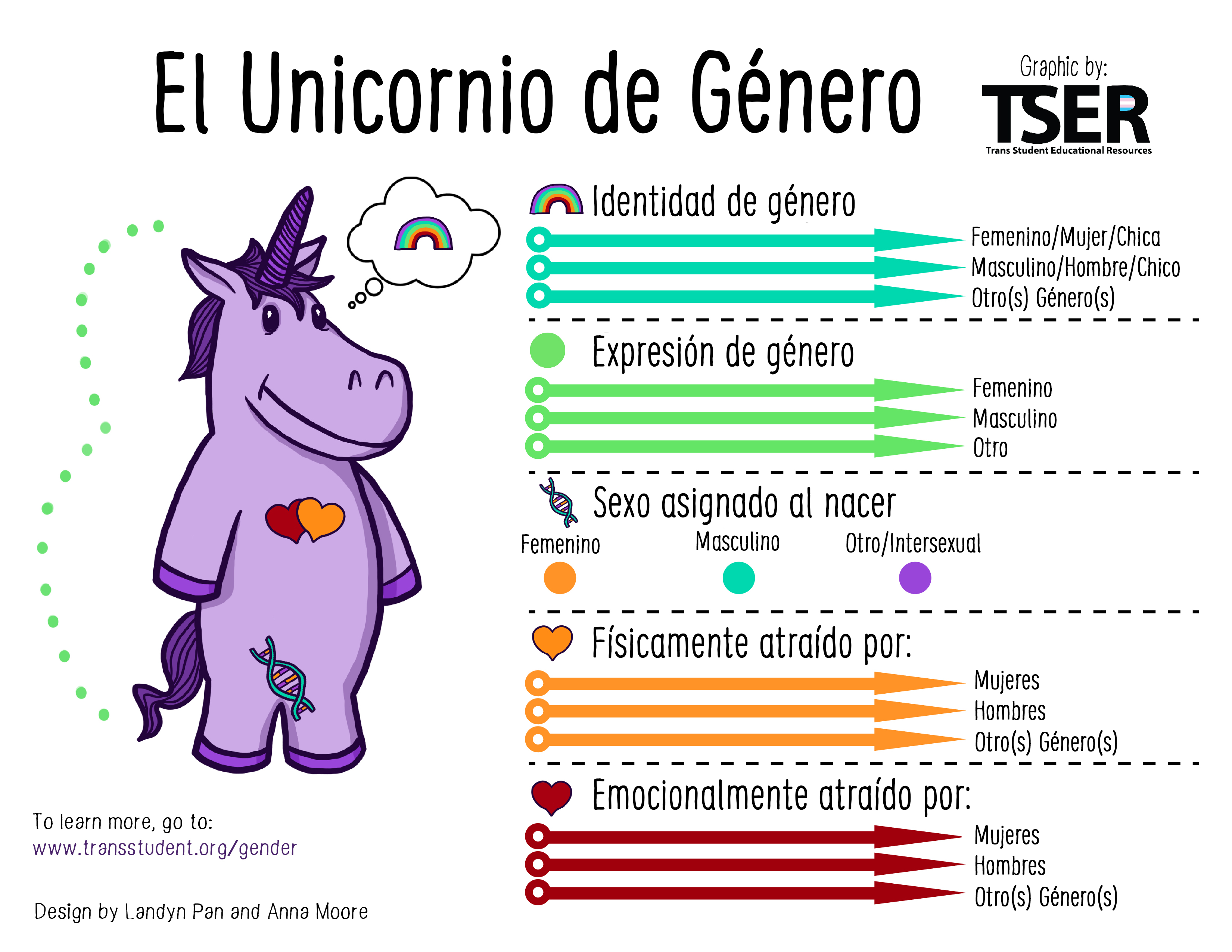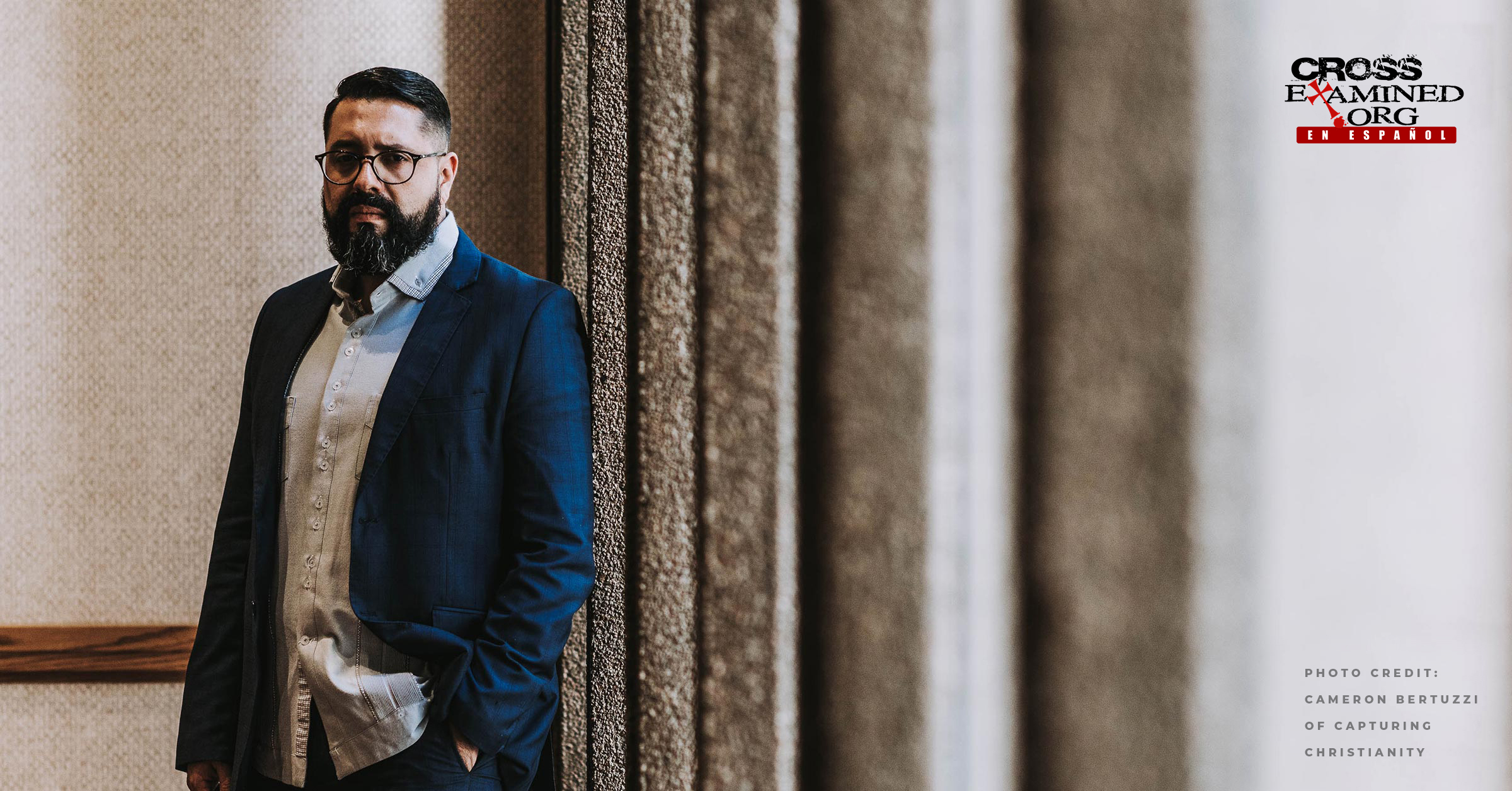Many Christians feel that it is wrong to show unbelievers evidence of the truth of Christianity. [1] These Christians consider the traditional method of apologetics to be an affront to the Scriptures by not giving them the respect and place they deserve. The concern is that by displaying evidence of the truth of the Scriptures, more importance will be given to the evidence and not to the Scripture. This reasoning can be stated thus:
- If a work leads us to consider something to have greater authority than Scripture, as Christians, we should not participate in it.
- Providing evidence for the truthfulness of Scripture involves elevating the authority of the evidence over Scripture.
- Therefore, Christians should not use evidence to prove the truth of Scripture.
Michael Krueger expresses this same sentiment when he says,
“If the line of argument leads the nonbeliever to believe in the Bible because it has a stamp of approval from science, archaeology, and historical criticism, then these disciplines and not the Bible will be his ultimate authority.” [2]
In this article I hope to show that the traditional apologist can respond to this type of argument on two fronts. Once we agree on what it means to say that Scripture is the primary authority for oneself, it becomes more apparent that belief is not contrary to presenting evidence for the truthfulness of Scripture. In short, traditional evidence-based apologetics affirms that Scripture is the primary authority for the Christian.
Two types of authority
In order not to err, we must understand that there are two types of authority. The Polish philosopher Józef Maria Bocheński made an important distinction between deontic authority and epistemic authority . [3] A deontic authority is one that is able to tell you how you should behave. Examples of such an authority are your boss or a policeman. These people can tell you, to a certain extent, what to do.
An epistemic authority is very different. Epistemic authorities are empowered to tell you what to believe. Examples of this are a scholar, a doctor, or some other type of expert. These people are highly educated and can be called “authorities” only in their area of expertise.
The main difference between deontic authority and epistemic authority is in the spheres in which they exert their influence. Deontic authorities tell you how to behave. Epistemic authorities tell you what to believe.
Applying the distinction
Now that we know there are two kinds of authorities, let’s explain what it means to say that Scripture is our primary authority. It seems pretty obvious that this phrase implies that Scripture is a deontic authority. When someone says that Scripture is their primary authority, they are essentially saying that they must obey God first rather than men (Acts 5:29). Scripture will determine a Christian’s behavior, even if it conflicts with another authority (e.g., the government).
Reasoned in this way, it is evident that the original argument is mistaken. The first premise refers to a deontic authority, and the second premise refers to epistemic authority. Because of this and under a deontic understanding of Scripture as the believer’s primary authority, the conclusion of the argument is not valid.
Scripture as an Epistemic Authority
Although the argument is invalid from the perspective of the deontic authority of Scripture, there is a drawback. Scripture not only tells us how to behave, it also tells us what to believe. So, not only is Scripture a deontic authority, it also serves as an epistemic authority. Should we also regard Scripture as our primary epistemic authority?
To answer this question, we must have a clear understanding of the role that epistemic authorities play in the formation of well-founded beliefs. First, we must recognize that beliefs based on epistemic authorities are inherently weaker in justification than beliefs based on evidence. This is because when knowledge is acquired through authority, there is one more element in the line that distances the believer from the truth of the belief. When someone believes an argument that is based on evidence, the link between that person and the truth of the belief is stronger. When one relies on epistemic authority, one is trusting that the authority has correctly (hopefully!) based its beliefs on a set of evidence to which the believer does not have free and independent access. The indirectness of belief provides more opportunities for errors to be made. Therefore, when a belief is supported by the statements of an authority, it is unlikely to be true, contrary to what happens with a belief that is directly based on evidence. This leads us to the following argument: Epistemic authorities are not valuable because they possess something valuable that emanates from their authority. They are valuable because they are the means by which we connect to the truth. Epistemic Authorities are useful as long as they can achieve that goal. As Richard Feldman observes:
“ Inferential rules are not excellent because they are used by experts. Rather, experts are good teachers of good methods because they have a better understanding of what is going on.” [4]
Now, none of the above is intended to minimize the importance and contribution of epistemic authorities. It is clear that we cannot have at our disposal all the relevant evidence for every possible belief. That is where Epistemic Authorities grant us access to knowledge about something without having to examine each piece of evidence in detail. The price paid for this advantage is that one puts oneself at greater risk of having acquired a belief that is not true.
To reduce this risk, it is critical that we have sufficient reasons to say that an authority is trustworthy. If there is no way to prove the trustworthiness of an authority, we would have to take one of two positions; either we blindly accept anyone who calls themselves an authority, which would lead us to make arbitrary decisions about which authorities we would trust, or we would be forced to reject all epistemic authority. As John DePoe points out:
“Authorities play a valuable epistemic role because they are sources for acquiring comprehensible beliefs and knowledge that would otherwise be inaccessible, or because they are able to bring us closer to epistemic treasures in a few steps… For me, what is most important is to choose an authority that is so with reasons, I must have solid arguments to consider it an authority in the areas where it presents itself as such.” [5]
It is impossible to have greater epistemic authority when authority is considered the main source of knowledge. Every person must continually decide whether to believe what an authority says. It is their duty to inform themselves and choose which authorities they will trust, but independent access to evidence is always necessary.
The Main Epistemic Authority
It has been clearly stated that evidence is of utmost importance when trying to prove something. There is no way to compare between the main epistemic authority and the main deontic authority. It is through evidence that we judge between various epistemic authorities and decide which ones are trustworthy. This does not deny that there can be a main epistemic authority among various authorities. For example: If I had some symptoms and went to consult two doctors to know their diagnosis. And one doctor only asks me routine questions while the other doctor performs a complete examination. Both doctors are authorities, but the one who performed the complete examination is the main authority, therefore, his diagnosis should be taken more seriously. In this case I can say that I have a main epistemic authority. It should be noted that the word “main” is within a context of comparison. I consider an authority as the main one among other authorities, but within the same area of knowledge. In the same way, the Christian can make Scripture his or her primary authority among other authorities (pastors, theologians, etc.) regarding the nature, will, character, and revelation of God. So, from a certain angle, Scripture is the primary epistemic authority when compared to other authorities, since Scripture is given greater epistemic weight.
But since evidence is central to determining who has the title of authority, it maintains epistemic priority over any authority. Importantly, this suggests that evidence is not itself an authority. On this understanding of evidence and authority, the second premise of the initial argument is false. It confuses justification with authority. Although authorities have a legitimizing role, not all justification comes in the form of authority. If it did, we would have no reason to trust any purported authority as such.
A final consideration
In my view, Christians who use the “primary authority” argument understand something very different from what I have presented here. They do not claim that Scripture is solely their ultimate epistemic authority among a number of authorities on any particular subject. They seem to consider that Scripture should be our primary source of knowledge. To make belief in Scripture conditional on the existence of sufficient evidence is to admit that Scripture is not the primary source of knowledge.
I don’t understand why this is a problem for the traditional apologist. Having faith in an authority on the basis of evidence does not compromise the status of that authority or somehow make the evidence a “higher authority” in any meaningful sense. We must only recognize that evidence is necessary to believe that an authority is trustworthy in what it says. Perhaps some will find this claim unacceptable. But what is the alternative? To believe without any evidence at all? This would be epistemic irresponsibility. Indeed, it seems impossible. For surely before one can believe the teachings of Scripture, one must know them, either by hearing or reading Scripture. This shows that Scripture cannot be the primary source of knowledge.
If critics continue to claim that the traditional apologist holds evidence to be a higher authority than Scripture, then we must only respond that they are claiming that “primary authority” is synonymous with “primary source of knowledge.” This is a definition of “authority” that the traditional apologist has a right to reject. If the critic wants to continue to hold to this definition of the word, I think it is evident that they are arbitrarily creating definitions and concepts in order to accuse those who do not think like them of undermining or undermining the status and standing of Scripture. In which case, they are mucking things up. From the critics’ perspective, the traditional apologist feels no discomfort in not holding Scripture to be his “primary authority.” In doing so, the critics are putting words into the traditional apologist that no traditional apologist would say.
Summary and Conclusion
In this article I have briefly presented an objection to traditional apologetics which claims that the traditional method makes evidence an authority above Scripture. We have seen that the traditional apologist can give a two-fold response. His first response may be to assert that Scripture is his primary deontic authority, but this does not imply that it is his primary epistemic authority. If the critic argues that Scripture is also an epistemic authority, the traditional apologist can reply that epistemic authorities are limited to very specific topics. Thus, we can recognize Scripture as the primary epistemic authority for learning truths about God, but we cannot recognize it as the primary epistemic authority for finding accurate information about God. Furthermore, he can argue that evidence does not function as an epistemic authority, but rather functions as the means for recognizing the competence of an authority. Clearly, if evidence is not a type of authority, then it cannot become an authority superior to Scripture.
I therefore conclude that once we have clarified what is meant by the argument from “the authority of Scripture,” arguments such as the one offered in the introduction are either equivocal, insensitive to the nature of epistemic authorities, or confuse all justification with a type of authority. In either case, the arguments are not valid for reaching that conclusion. Therefore, the traditional apologist can confidently present evidence for Scripture without sacrificing the authority of Scripture.
Grades
[1] I speak particularly of presuppositionalists. However, similar arguments are common among various critics of apologetics. Such arguments are not exclusive to presuppositionalists.
[2] Michael J. Krueger, “The Sufficiency of the Scripture in Apologetics” TMSJ-12/1 (Spring 2001) pp. 69-87.
[3] JM Bocheński, “The Logic of Religion” New York: New York University Press, 1965, pp. 164-167.
[4] Richard Feldman, “Authoritarian Epistemology” (Earl Conee and Richard Feldman Evidentialism), New York, NY: Oxford University Press, 2004, p. 127.
[5] John M. DePoe, “A Classical Edentialist Response to Covenantal Epistemology,” in “Debating Christian Religious Epistemology,” New York, NY: Bloomsbury, 2020 , Pages 167-168.
Recommended resources in Spanish:
Stealing from God ( Paperback ), ( Teacher Study Guide ), and ( Student Study Guide ) by Dr. Frank Turek
Why I Don’t Have Enough Faith to Be an Atheist ( Complete DVD Series ), ( Teacher’s Workbook ), and ( Student’s Handbook ) by Dr. Frank Turek
__________________________________________________________________________________________________________________________________________________
David Pallmann is a student at Trinity College of the Bible and Theological Seminary . He is also a member of the Society of Evangelical Arminians and runs the YouTube channel Apologetics ministry Faith Because of Reason.
Original Blog Source: https://cutt.ly/Jm85zkT
Translated by Gustavo Camarillo
Edited by Yohangel Morales












